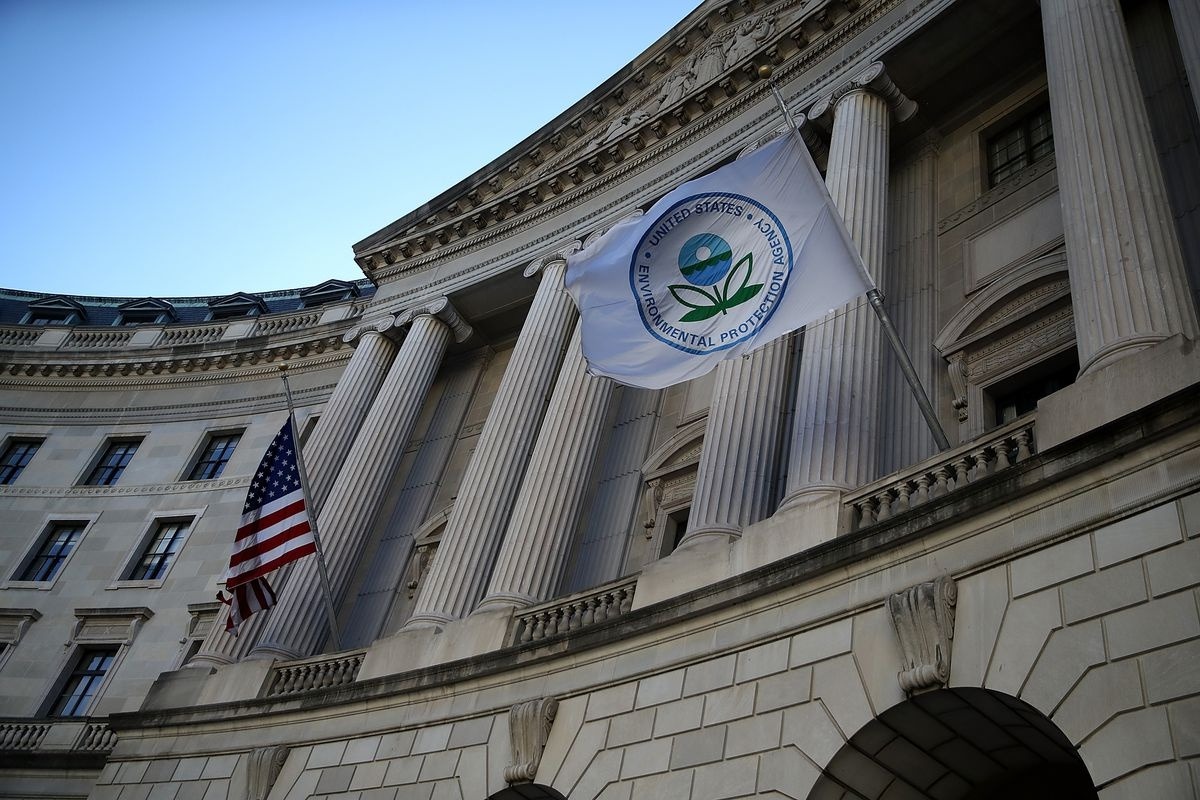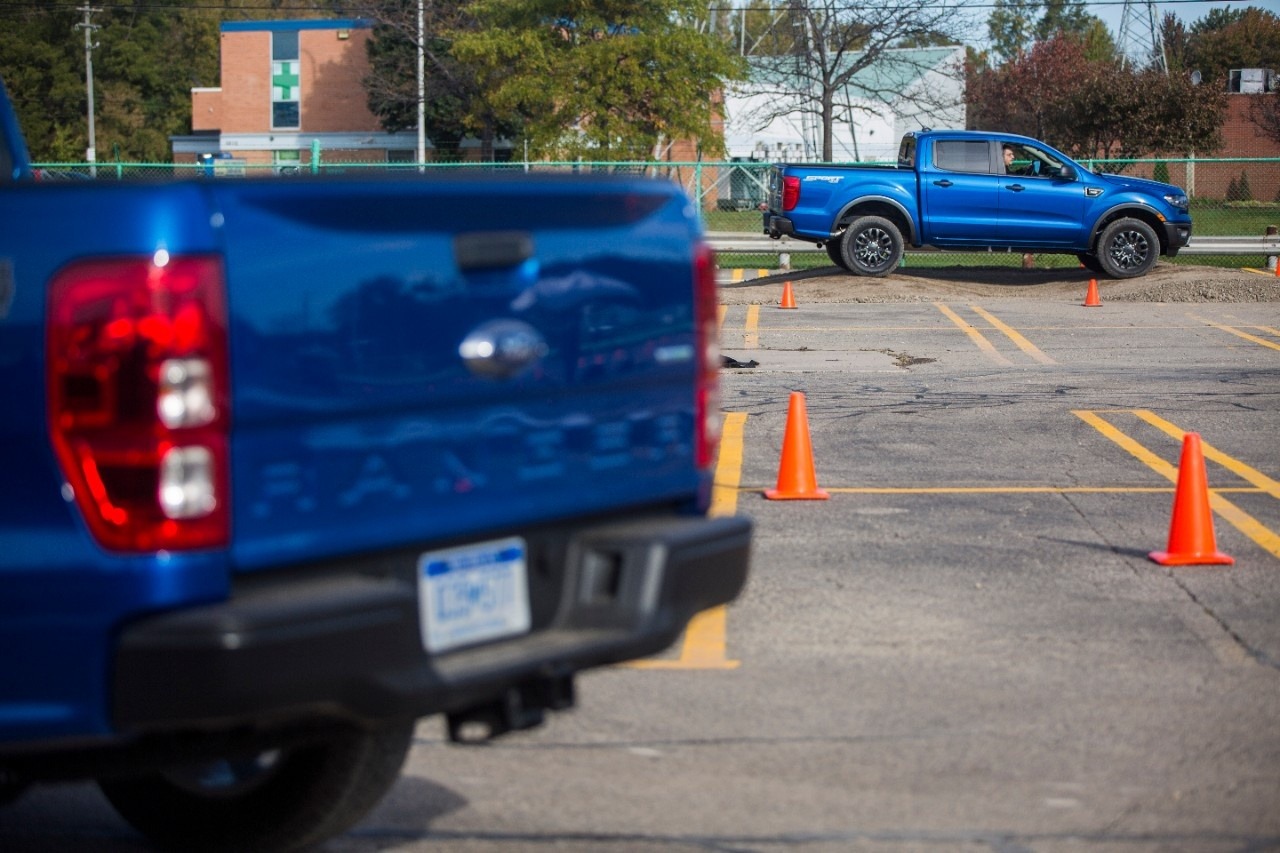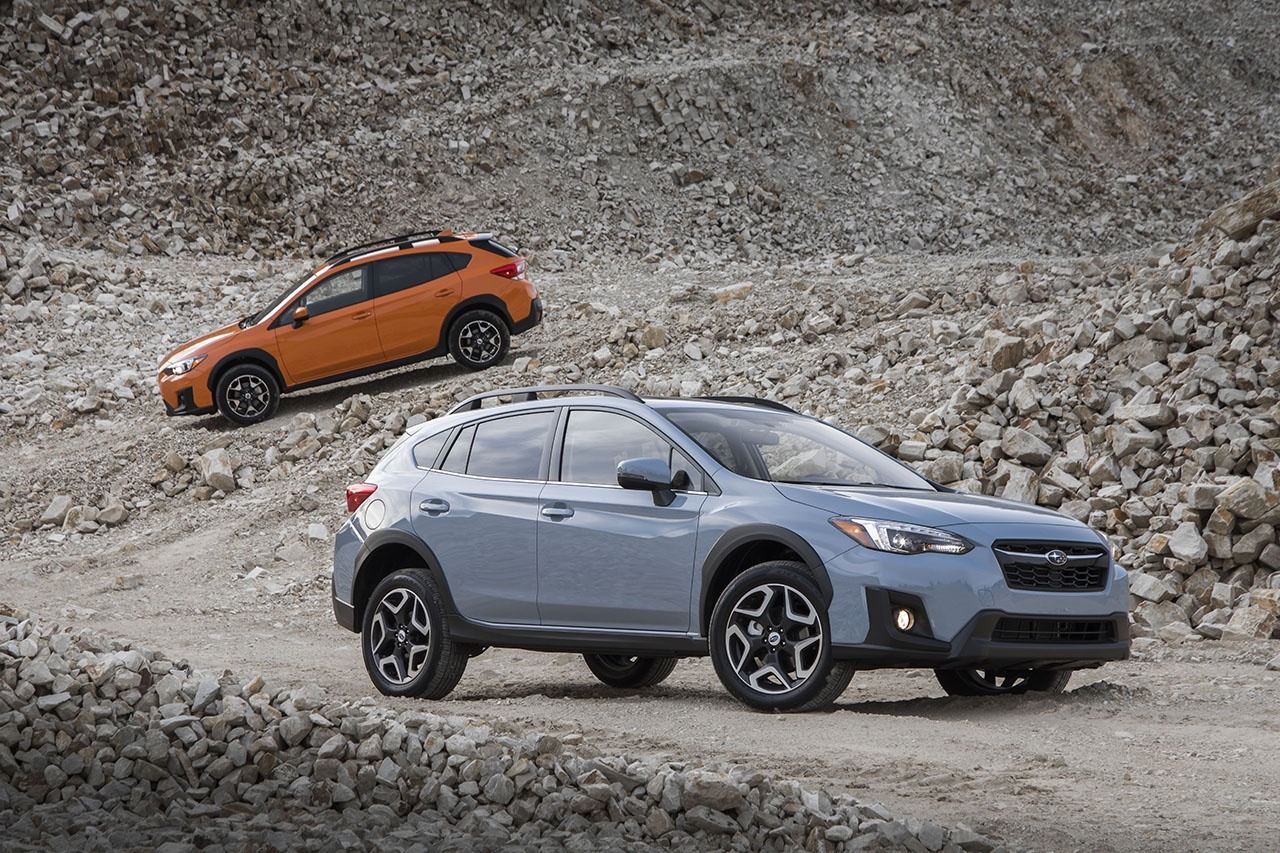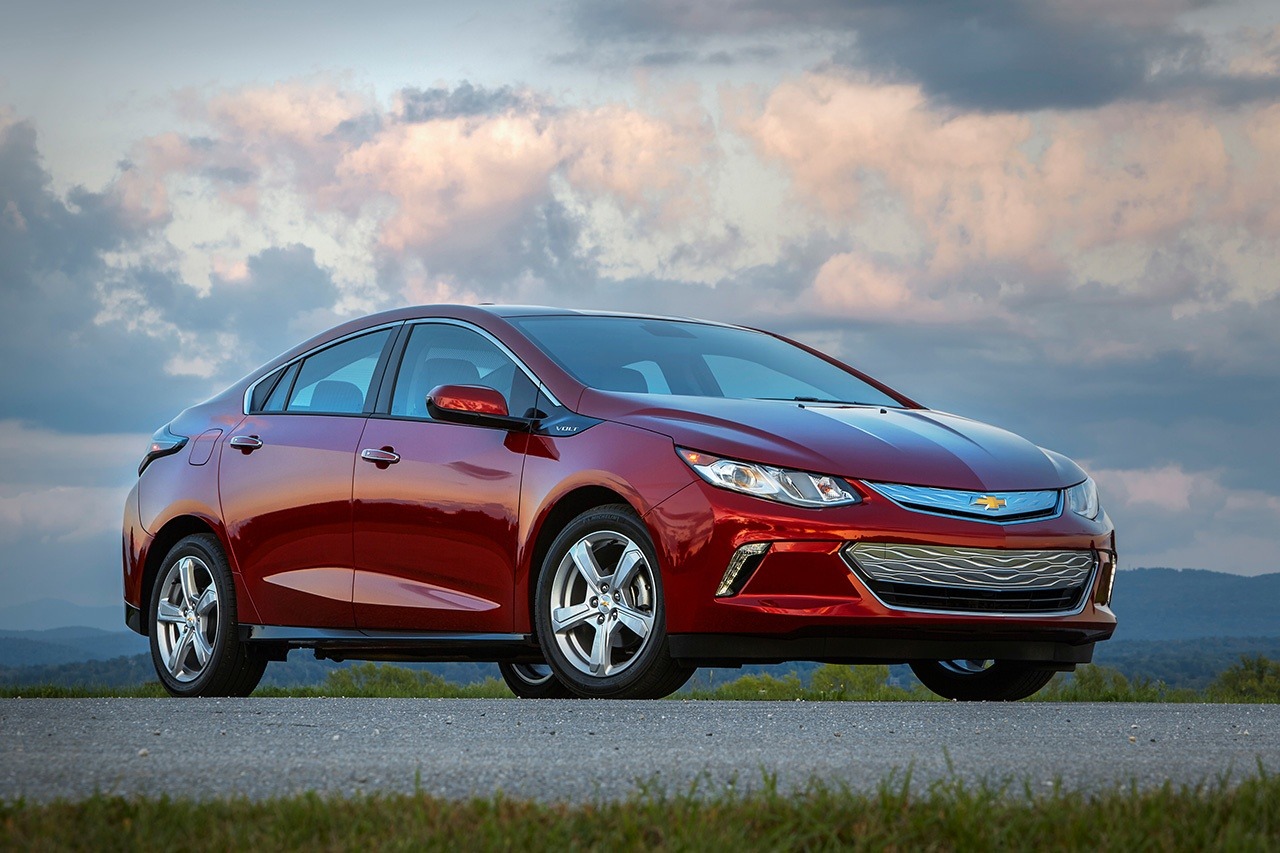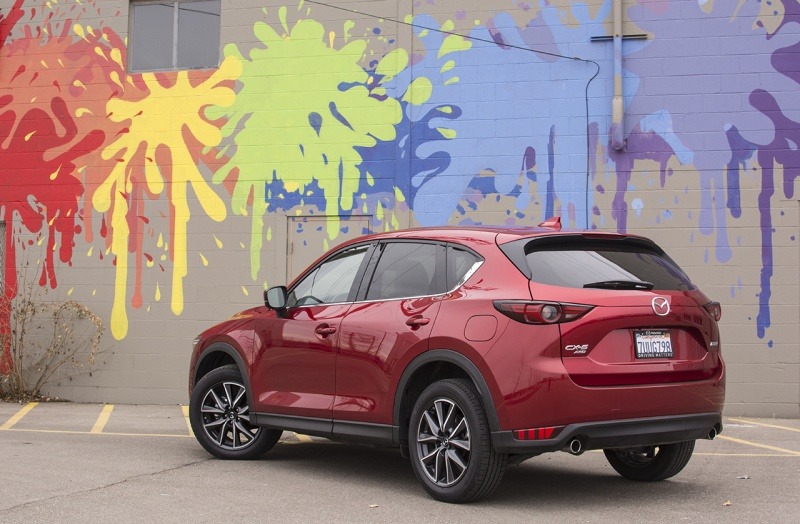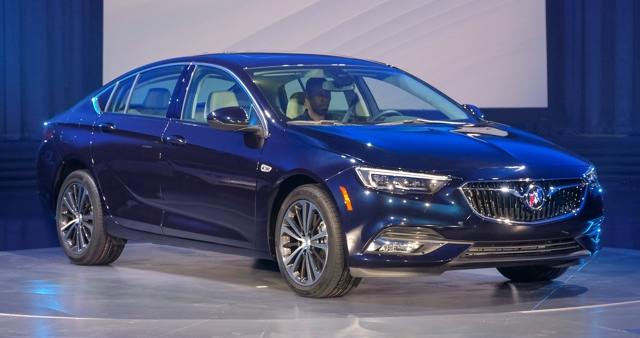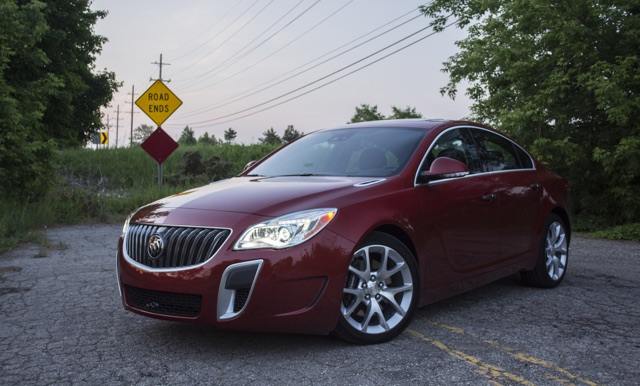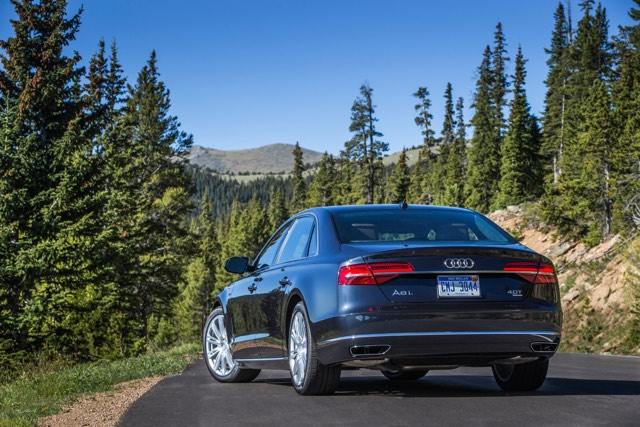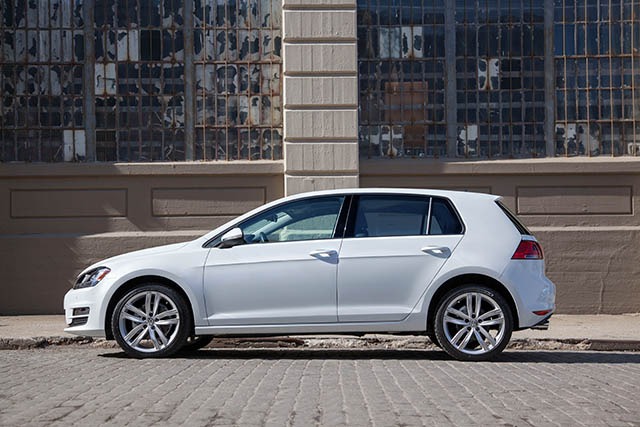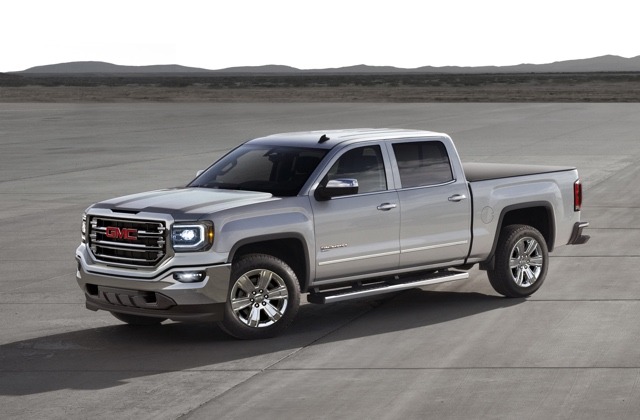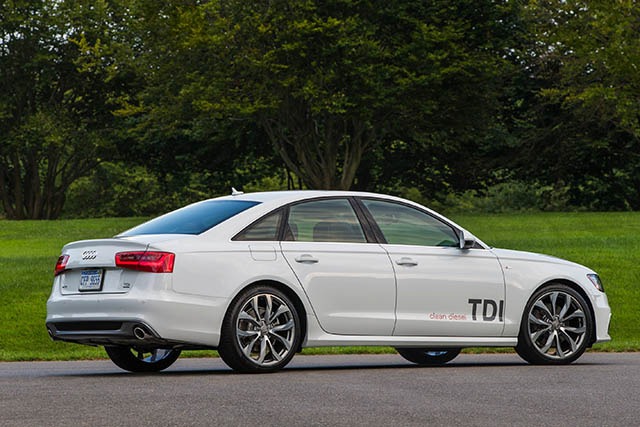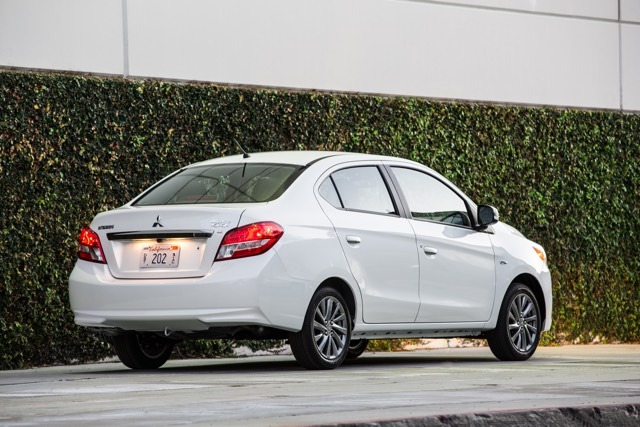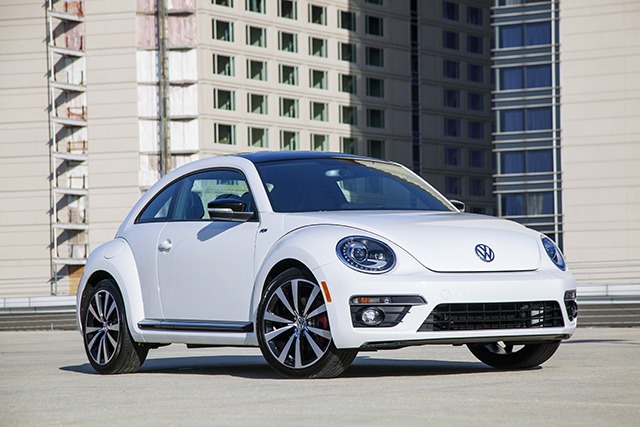Search the Community
Showing results for tags 'CARB'.
-

EPA ends talks with California and 19 other states
G. David Felt posted an article in Automotive Industry
-

Ford Launching Investigation Into Its Own Emissions Certifications
Drew Dowdell posted an article in Ford
-
Subaru's first plug-in hybrid is just around the corner. The 2019 Crosstrek Plug-In Hybrid is expected to debut later this month at the LA Auto Show. As we reported back in February, Subaru would be using the electric powertrain from Toyota's Prius Prime, teamed with one of their boxer engines. We n...
- 4 replies
-
- carb
- crosstrek phev
-
(and 2 more)
Tagged with:
-
Subaru's first plug-in hybrid is just around the corner. The 2019 Crosstrek Plug-In Hybrid is expected to debut later this month at the LA Auto Show. As we reported back in February, Subaru would be using the electric powertrain from Toyota's Prius Prime, teamed with one of their boxer engines. We n...
- 4 comments
-
- carb
- crosstrek phev
-
(and 2 more)
Tagged with:
-
On Friday, California regulators voted to require that automakers stick with the Obama-era emission regulations for vehicles sold in the state, no matter the efforts of the Trump administration to weaken the standards. This basically means vehicles built for through 2025 model year comply with the s...
- 7 comments
-
- california
- carb
-
(and 2 more)
Tagged with:
-
On Friday, California regulators voted to require that automakers stick with the Obama-era emission regulations for vehicles sold in the state, no matter the efforts of the Trump administration to weaken the standards. This basically means vehicles built for through 2025 model year comply with the s...
- 7 replies
-
- california
- carb
-
(and 2 more)
Tagged with:
-

Another Step Closer: Mazda CX-5 Diesel Gets California Approval
William Maley posted an article in Mazda
Remember how Mazda planned on launching the diesel option for the CX-5 in the second half of last year. Nothing came of that and we were left scratching our heads as to why. Was the engine in limbo with the Environmental Protection Agency and California Air Resources Board? Had Mazda decided to thro...-
- 1
-

-
- carb
- certification
-
(and 3 more)
Tagged with:
-
Remember how Mazda planned on launching the diesel option for the CX-5 in the second half of last year. Nothing came of that and we were left scratching our heads as to why. Was the engine in limbo with the Environmental Protection Agency and California Air Resources Board? Had Mazda decided to thro...
-
- carb
- certification
-
(and 3 more)
Tagged with:
-
Over a week ago, we brought you news that the upcoming Buick Regal GS would be powered by a V6 engine. We now have confirmation about this thanks to a document from the California Air Resources Board (CARB). The Truth About Cars obtained a CARB Emissions document for the 3.6L V6. On the last p...
-
It was nearly two years ago that we learned that General Motors trademarked 'Regal Tourx'. At the time, we speculated this could mean the next-generation Regal would have a wagon variant - possibly something along the lines of the Audi A4 Allroad and Subaru Outback. Since then, we have been hearing...
-

Buick News: CARB Certificate Reveals Existance of Regal Tour X
William Maley posted a topic in Buick
It was nearly two years ago that we learned that General Motors trademarked 'Regal Tourx'. At the time, we speculated this could mean the next-generation Regal would have a wagon variant - possibly something along the lines of the Audi A4 Allroad and Subaru Outback. Since then, we have been hearing... -

As the Diesel Emits: CARB Alleges Another Cheat Device In Audi Vehicles
William Maley posted an article in Audi
- 3 comments
-
- as the diesel emits
- audi
-
(and 4 more)
Tagged with:
-
If you thought this tangled web of deceit and lies that is the Volkswagen diesel emission scandal could not go any further, then you would be wrong. German newspaper, Bild am Sonntag reports that the California Air Resources Board (CARB) found illegal software on certain Audi models that would...
- 3 replies
-
- as the diesel emits
- audi
-
(and 4 more)
Tagged with:
-
One of the stumbling blocks for Volkswagen with the diesel emission scandal has been trying to find a fix that the feds would agree to. Previous attempts for the 2.0 and 3.0L TDI have ended with rejection from the California Air Resources Board due to the "submissions are incomplete, substantially d...
- 3 replies
-
- 2.0L TDI
- As the Diesel Emits
-
(and 3 more)
Tagged with:
-
One of the stumbling blocks for Volkswagen with the diesel emission scandal has been trying to find a fix that the feds would agree to. Previous attempts for the 2.0 and 3.0L TDI have ended with rejection from the California Air Resources Board due to the "submissions are incomplete, substantially d...
- 3 comments
-
- 2.0L TDI
- As the Diesel Emits
-
(and 3 more)
Tagged with:
-
The EPA, National Highway Traffic Safety Administration, and California Air Resources Board have released their draft Technical Assessment Report on the 'Midterm Evaluation of Light-duty Vehicle GHG Emissions Standards for Model Years 2022-2025'. Despite the long name, this report is important...
- 29 replies
-
- 54.5 MPG Goal
- Buyer Preferences
-
(and 4 more)
Tagged with:
-

As the Diesel Emits: California Says No To Volkswagen's 3.0L V6 Fix
William Maley posted an article in Volkswagen
- 12 comments
-
- 3.0L Diesel V6
- As the Diesel Emits
-
(and 4 more)
Tagged with:
-
The California Air Resources Board has rejected Volkswagen's plan to fix the 3.0L TDI V6. "VW's and Audi's submissions are incomplete, substantially deficient, and fall far short of meeting the legal requirements to return these vehicles to the claimed certified configuration," CARB wrote in a l...
- 12 replies
-
- 3.0L Diesel V6
- As the Diesel Emits
-
(and 4 more)
Tagged with:
-
The past couple days have been crazy at Mitsubishi with executives possibly stepping down, the EPA ordering retest of vehicles, and the U.S. branch telling dealers there are no inconsistencies in the tests for the U.S. models. Let's get you up to date. On Tuesday, the Environmental Protection Ag...
-

Mitsubishi and the Past Few Days it Would Like to Forget
William Maley posted an article in Mitsubishi
- 2 comments
-
The big stumbling block for Volkswagen and the EPA/California Air Resources Board (CARB) has been trying to figure out a fix for diesel vehicles with illegal software. Ever since CARB rejected Volkswagen's first proposal back in January, the three have been in negotiations. But now, an official from...
- 1 comment
-
- As the Diesel Emits
- CARB
-
(and 2 more)
Tagged with:

